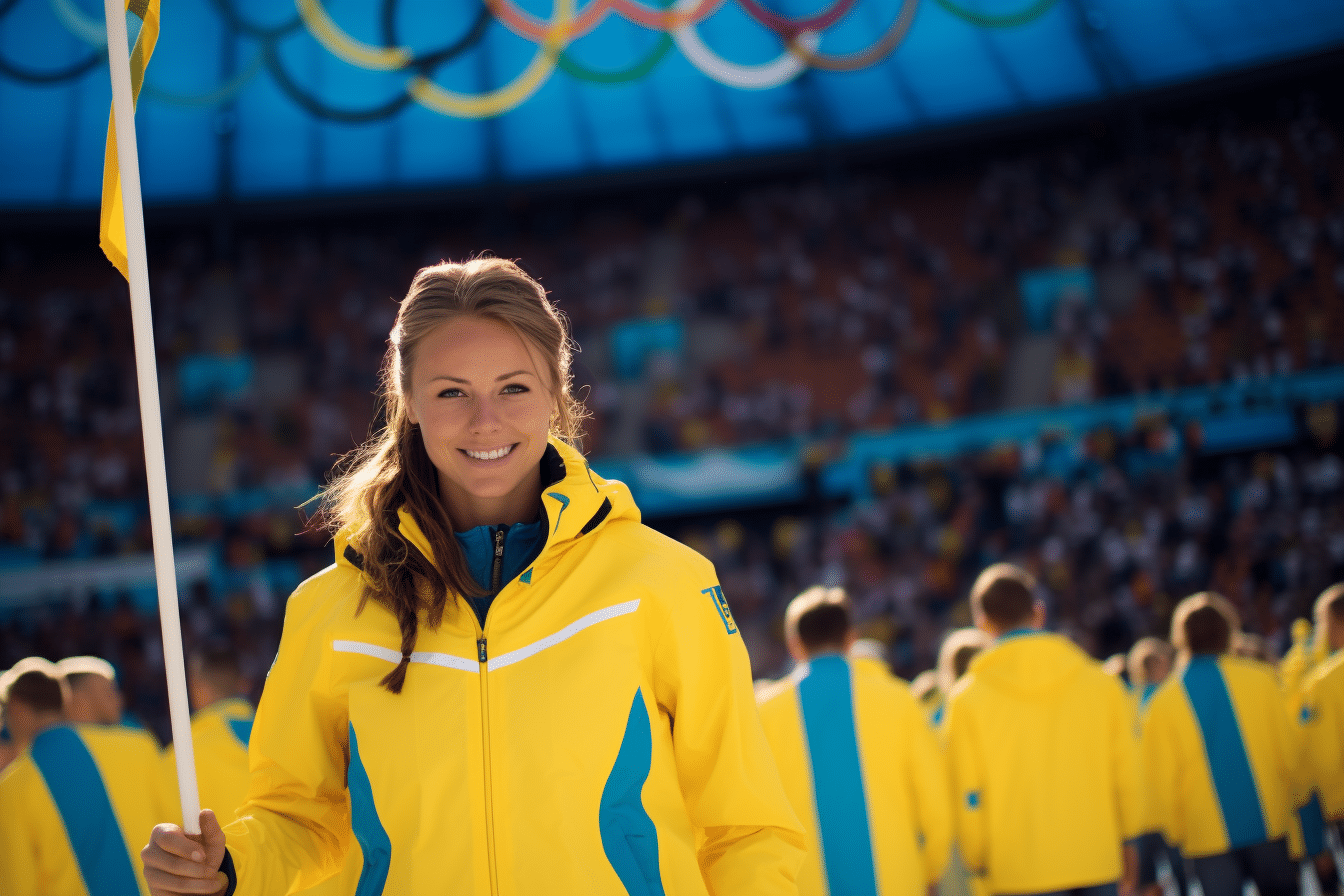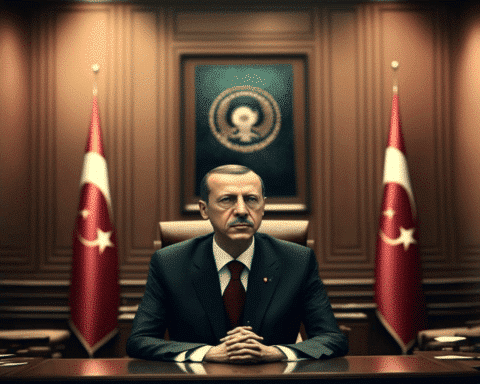In a puzzling turn of events, Sweden’s bid to host the Winter Olympics has once again been met with disappointment. This marks the ninth consecutive time that the Nordic nation, with a proud winter sports heritage, has been denied the opportunity to host the prestigious sporting event.
The latest rejection came as the International Olympic Committee (IOC) opted for a late French bid, which combined the snowy Alps region with the Riviera resort of Nice, to host the Winter Games in 2030. This decision left Sweden and Switzerland empty-handed despite their strong bids.
Sweden’s bid had garnered significant support from local and national governments, the business world, and sports organizations. The nation, known for its cautious approach, had put forward an economically sound and environmentally sustainable proposal that aligned perfectly with the IOC’s criteria. However, even with these merits, it wasn’t enough to secure the hosting rights.
Hans von Uthmann, President of the Swedish Olympic Committee, expressed his frustration at this recurring pattern. He questioned whether Sweden’s approach was incompatible with the expectations of the IOC, highlighting the nation’s dedication to sustainability and the use of existing venues over building new facilities. Ironically, the chosen bid included plans for two new ice rinks, which seemed contrary to the IOC’s emphasis on sustainability.
One of the key issues that hindered Sweden’s bid was the IOC’s demand for financial guarantees at an earlier stage of the process. According to von Uthmann, the IOC had indicated that this requirement would be addressed in a later stage of the dialogue, creating confusion and challenges for the Swedish bid team.
The rejection has left many wondering if there are deeper cultural factors at play, with Sweden’s reserved nature potentially impacting their ability to secure the bid. However, von Uthmann defended the Swedish approach, stating that they had adhered to their values and standards throughout the process.
As Sweden contemplates its next steps, it remains unclear if the nation will bid for future Winter Olympics. Switzerland has gained “privileged dialogue” status with the IOC for 2038, meaning the earliest opportunity for Sweden to host would be in 2046. Von Uthmann acknowledged that while Sweden had made progress in raising awareness and engagement for hosting the Olympics, it still fell short of the international arena’s expectations.
Despite the disappointment, the bid succeeded in uniting politicians and businesses and strengthening relations within Sweden’s elite sports community. Looking ahead, the Swedish Olympic Committee aims to build on these positive outcomes while continuing to evaluate its approach to bidding for future Winter Olympics.




